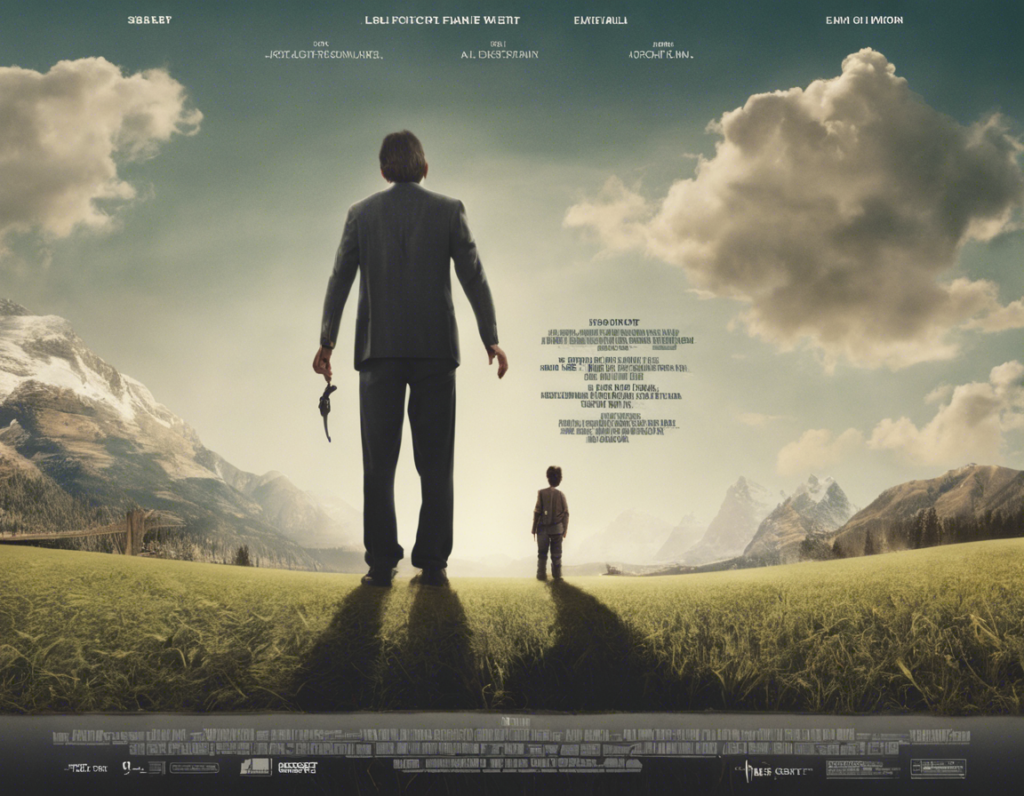Introduction
In the age of social media and digital communication, the art of filmmaking has become more accessible than ever before. With advancements in technology, almost anyone can pick up a camera and start creating their own films. However, while the barriers to entry may be lower, the craft of filmmaking remains as intricate and nuanced as ever. This guide will provide a comprehensive overview of the key aspects to consider when filming, from pre-production to post-production, to help you navigate the world of filmmaking successfully.
Pre-Production: Crafting Your Vision
1. Define Your Concept
Before you even pick up a camera, it’s essential to have a clear vision for your film. What story do you want to tell? What emotions do you want to evoke in your audience? Take the time to develop a script or a treatment that outlines the key elements of your film, from the characters to the plot to the visual style.
2. Plan Your Shots
Once you have a script in place, start breaking it down into individual shots. Consider the composition, lighting, and camera movements for each scene. Create a storyboard or a shot list to map out the visual elements of your film and ensure that your vision translates effectively onto the screen.
3. Assemble Your Team
Filmmaking is a collaborative process, so surround yourself with a talented and dedicated team. From cinematographers to sound designers to actors, each person plays a crucial role in bringing your vision to life. Communicate clearly with your team and delegate responsibilities to ensure a smooth production process.
Production: Bringing Your Vision to Life
1. Set the Scene
On the day of the shoot, focus on creating the right environment for your film. Pay attention to details such as set design, props, and costumes to enhance the visual storytelling. Work closely with your cinematographer to capture each shot effectively and bring out the emotions of the scene.
2. Capture Compelling Performances
One of the most critical aspects of filmmaking is capturing authentic and compelling performances from your actors. Establish a rapport with your cast, create a comfortable atmosphere on set, and provide clear direction to help them embody their characters convincingly.
3. Manage Your Time Wisely
Time is of the essence in filmmaking, so prioritize your shots and scenes to stay on schedule. Be prepared to make quick decisions and problem-solve on the fly to address any unexpected challenges that may arise during the production process.
Post-Production: Polishing Your Masterpiece
1. Edit with Intention
Once filming is complete, it’s time to bring all the pieces together in the editing room. Use editing software to assemble your footage, fine-tune the pacing, and enhance the visual and auditory elements of your film. Pay attention to details such as color grading, sound design, and special effects to create a cohesive and impactful final product.
2. Seek Feedback
After you have a rough cut of your film, seek feedback from trusted sources, such as peers, mentors, or industry professionals. Take their critiques into consideration and be open to making revisions to improve the overall quality of your film.
3. Finishing Touches
Once you have finalized the editing process, focus on the finishing touches that will elevate your film to the next level. Add a soundtrack that complements the mood of your film, create titles and credits, and make any final adjustments to ensure that every aspect of your film is polished and professional.
FAQs
1. What equipment do I need to start filming?
To start filming, you will need a camera, preferably one with manual settings for more creative control, a tripod for stable shots, lighting equipment for proper illumination, and audio equipment for clear sound recording.
2. How important is lighting in filmmaking?
Lighting is crucial in filmmaking as it sets the mood, enhances the composition, and directs the viewer’s focus. Experiment with natural light, artificial light, and different lighting setups to achieve the desired look for your film.
3. Do I need formal training to become a filmmaker?
While formal training can provide valuable skills and knowledge, many successful filmmakers are self-taught or have learned through hands-on experience. The key is to practice your craft, learn from your mistakes, and continuously seek to improve your skills.
4. How can I fund my film project?
Film projects can be funded through a variety of sources, such as personal savings, crowdfunding platforms, grants, sponsorships, or partnerships with production companies. Consider your budget and explore different financing options to support your vision.
5. How long does it take to make a film?
The time it takes to make a film can vary significantly depending on the scope and scale of the project. Short films may be completed in a matter of weeks, while feature films can take months or even years to produce. Plan your timeline accordingly and stay flexible to accommodate unforeseen delays.
6. What are some common mistakes to avoid in filmmaking?
Some common mistakes to avoid in filmmaking include neglecting pre-production planning, overlooking the importance of sound quality, settling for mediocre performances, overcomplicating the editing process, and lacking a clear vision for the final product. Stay mindful of these pitfalls and strive for excellence in every aspect of your film.
Conclusion
Filmmaking is a challenging yet rewarding art form that requires dedication, creativity, and attention to detail. By following the key steps outlined in this guide, you can navigate the filmmaking process with confidence and create films that resonate with your audience. Remember to stay true to your vision, collaborate with a talented team, and continuously hone your skills to bring your cinematic dreams to life.
